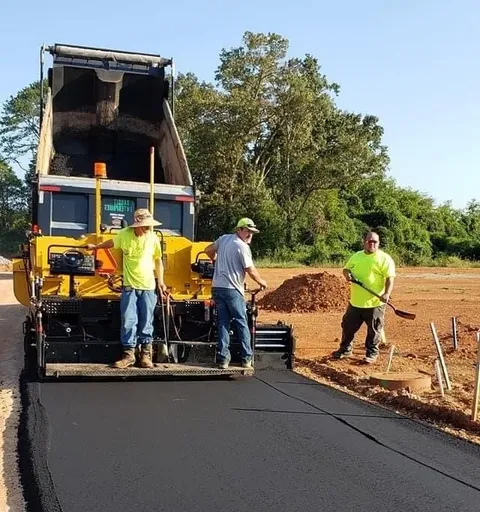Residential paving is a vital aspect of property development that goes beyond mere aesthetics. While it certainly adds to the visual appeal of a property, its significance extends far deeper into enhancing accessibility. From driveways to walkways, well-paved surfaces offer a multitude of benefits that improve mobility and convenience for residents and visitors alike. One of the primary ways residential paving enhances property accessibility is by providing a smooth and stable surface for vehicles. A properly paved driveway not only makes parking easier but also reduces the risk of vehicle damage caused by uneven or unpaved surfaces. This is particularly important for individuals with mobility issues or those who rely on assistive devices such as wheelchairs or walkers. A smooth driveway eliminates barriers to entry, allowing everyone to access the property safely and comfortably. Moreover, residential paving facilitates safer pedestrian movement within the property. This is especially crucial for elderly residents or those with limited mobility, who may struggle with uneven or gravel pathways.

Whether it is a pathway leading to the entrance or a sidewalk connecting different areas of the premises, a well-maintained paved surface ensures stable footing and reduces the risk of slips, trips, and falls. By providing a level and secure surface, residential paving promotes independence and confidence in navigating the property. In addition to enhancing physical accessibility, residential paving also contributes to the overall value of the property. A neatly paved driveway and walkway create a positive first impression, increasing curb appeal and attracting potential buyers or tenants. Properties with well-maintained paving are often perceived as more desirable and may command higher prices in the real estate market. Furthermore, investing in quality paving can yield long-term cost savings by reducing the need for frequent repairs and maintenance associated with unpaved or poorly paved surfaces. Furthermore, residential paving promotes inclusivity by accommodating a diverse range of transportation modes. Whether it is bicycles, scooters, or strollers, a smooth and accessible surface makes it easier for residents to travel within the property using various means of transportation.
This not only encourages physical activity and outdoor exploration but also fosters a sense of community by facilitating interactions between residents of all ages and abilities. Another significant benefit of residential paving is its role in storm water management. Paved surfaces help prevent soil erosion and reduce the risk of flooding by directing rainwater away from the property. This not only protects the structural integrity of buildings and infrastructure but also minimizes the environmental impact of runoff on surrounding ecosystems. Additionally, pervious paving materials such as permeable asphalt or concrete allow water to infiltrate the ground, replenishing groundwater supplies and supporting sustainable landscaping practices and learn more. Moreover, residential paving offers opportunities for customization and personalization to suit the unique needs and preferences of property owners. From choosing the right paving materials to selecting decorative patterns or colors, homeowners can tailor their paved surfaces to complement the architectural style of the property and reflect their individual taste. Whether it is a classic brick driveway or a modern stamped concrete pathway, residential paving allows for creative expression while enhancing functionality and accessibility.
